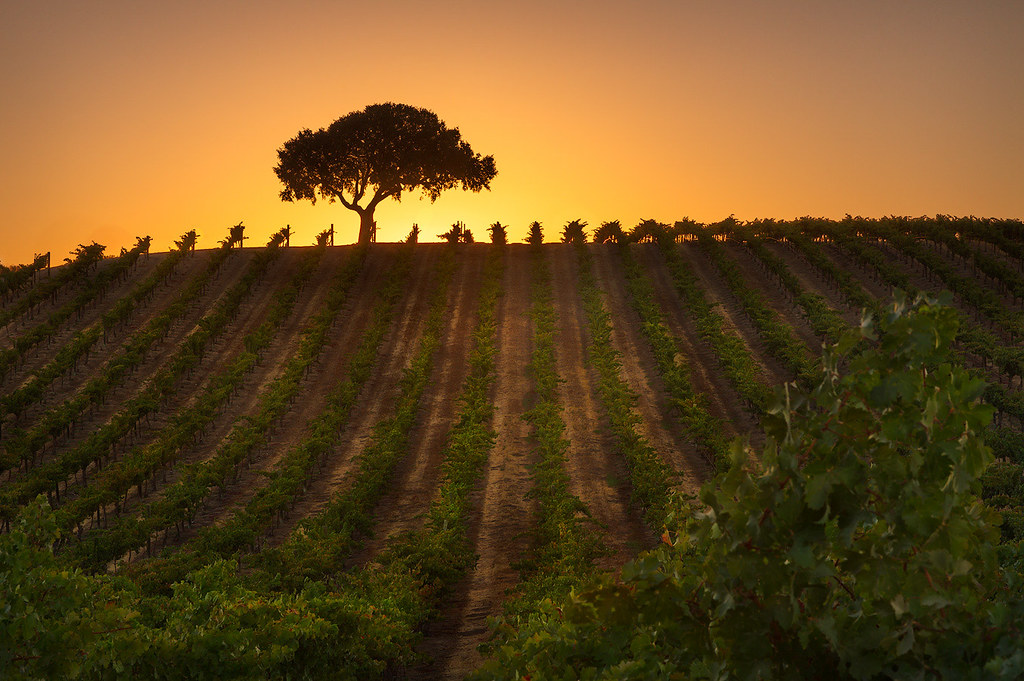Today’s Scripture reading is about the parable of the fig tree planted in the vineyard, as recounted in the Gospel of Luke (Luke 13:1-9). This parable may seem simple at first glance, but it holds profound lessons for our spiritual journey.
Consider the fig tree, which is naturally suited to flourish in open fields under the warm sun, its roots spreading wide in search of nourishment. Yet in this parable, the fig tree is planted within a vineyard—a place designed for grapevines, not fig trees. The fig tree struggles to bear fruit in this environment, and the owner grows impatient, contemplating its removal. But the vinedresser intercedes, asking for more time to nurture it, to give it a chance to fulfill its purpose.
This scenario invites us to reflect: Do we, too, sometimes feel like the fig tree in the vineyard? Do we find ourselves in environments where we cannot thrive, where our God-given talents and potential remain dormant because the conditions around us are not conducive to growth?
Let me share a story that illuminates this reality. Think of Nikola Tesla, a brilliant inventor and engineer. Tesla was a man of extraordinary vision, whose ideas were often ahead of his time. He once worked for Thomas Edison, a setting that seemed promising. However, Edison’s focus was on direct current (DC) electricity, while Tesla believed in the potential of alternating current (AC). Within Edison’s company, Tesla’s ideas were dismissed, and his talents undervalued.
It wasn’t until Tesla found an environment that embraced his vision—teaming up with George Westinghouse—that his innovations transformed the world. The modern electrical grid, powered by AC, stands as a testament to what can happen when one’s environment aligns with one’s purpose.
This example mirrors the story of the fig tree. Tesla, like the fig tree, was placed in an environment that did not suit his unique gifts. It was only when he moved to fertile ground that he could bear fruit that benefited all of humanity.
In our own lives, we may feel out of place—perhaps in a job that doesn’t utilize our abilities, or in relationships that hinder our spiritual growth. We may strive to produce fruit but find ourselves hindered by the constraints around us.
Yet, there is hope. The vinedresser’s plea for the fig tree is a reminder of God’s patience and mercy. Our Lord does not abandon us; He gives us time and offers His grace to help us grow. Sometimes, this means we need to seek environments that nurture our faith and talents. Other times, it calls us to be that nurturing presence for others—to recognize when someone is a “fig tree in a vineyard” and to offer them support and understanding.
Let us, therefore, examine our lives. Are we planted where we can grow? Are we helping others to find their place of fruitfulness? Let us pray for the wisdom to discern our true purpose and the courage to seek the fertile ground where we and those around us can flourish.
May the Lord bless you and guide you in all your endeavors. Amen.

